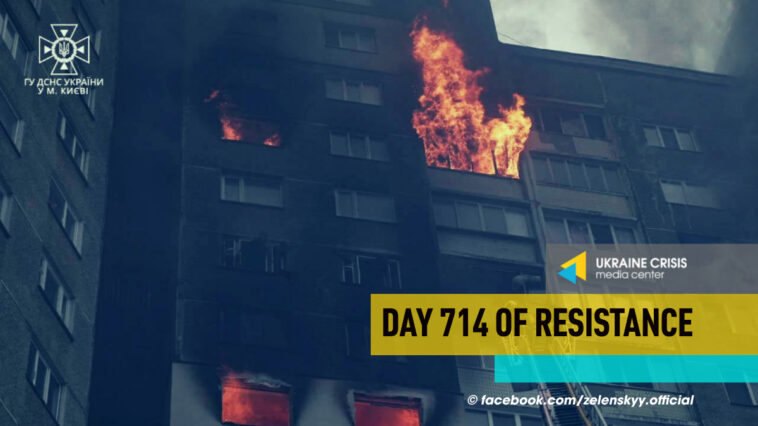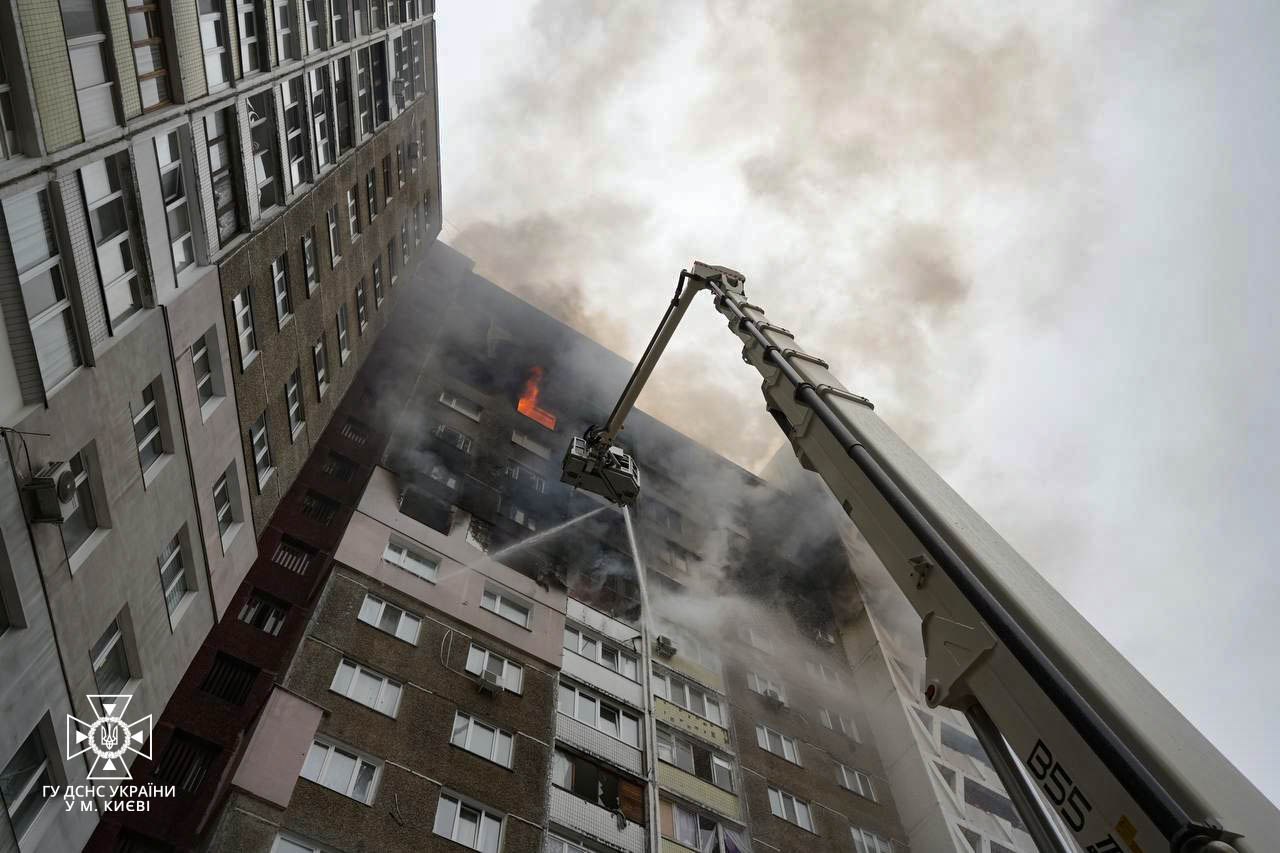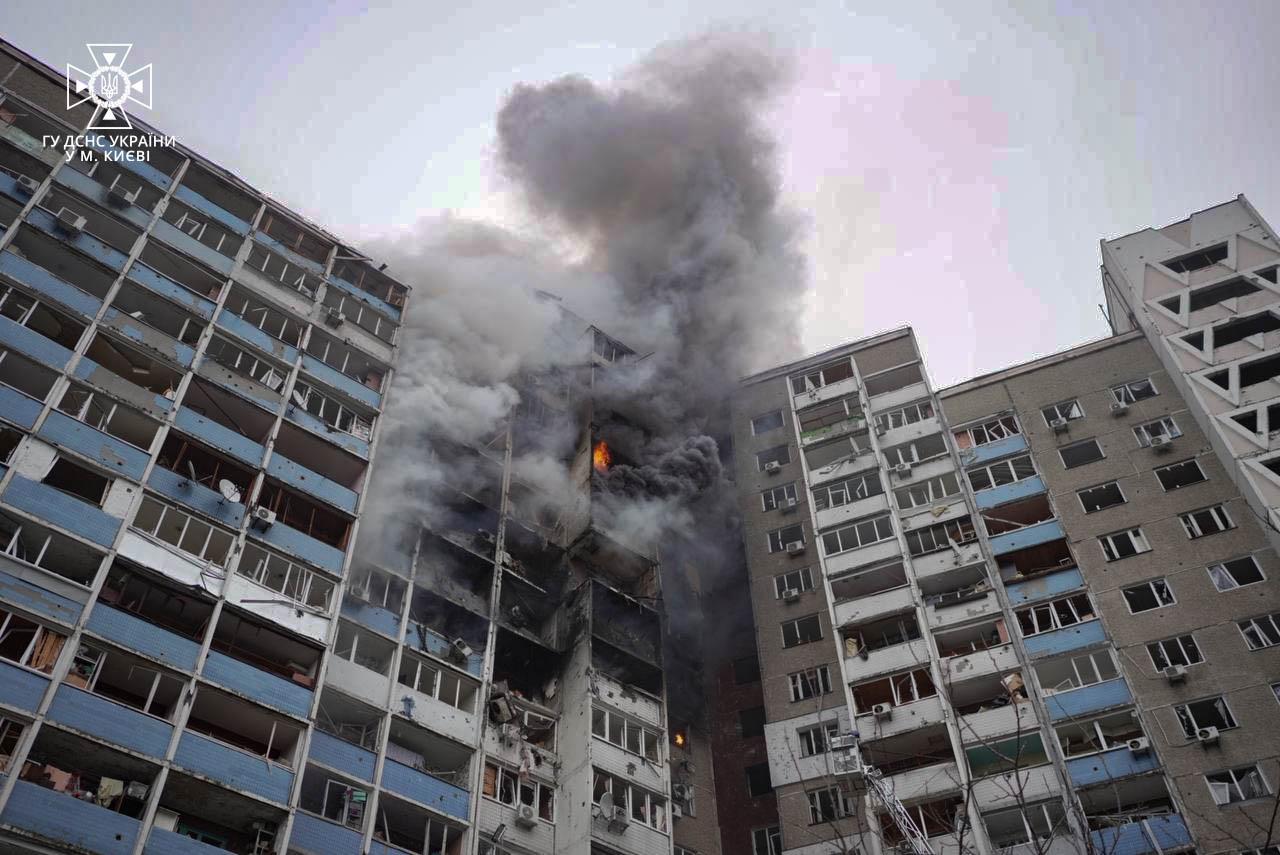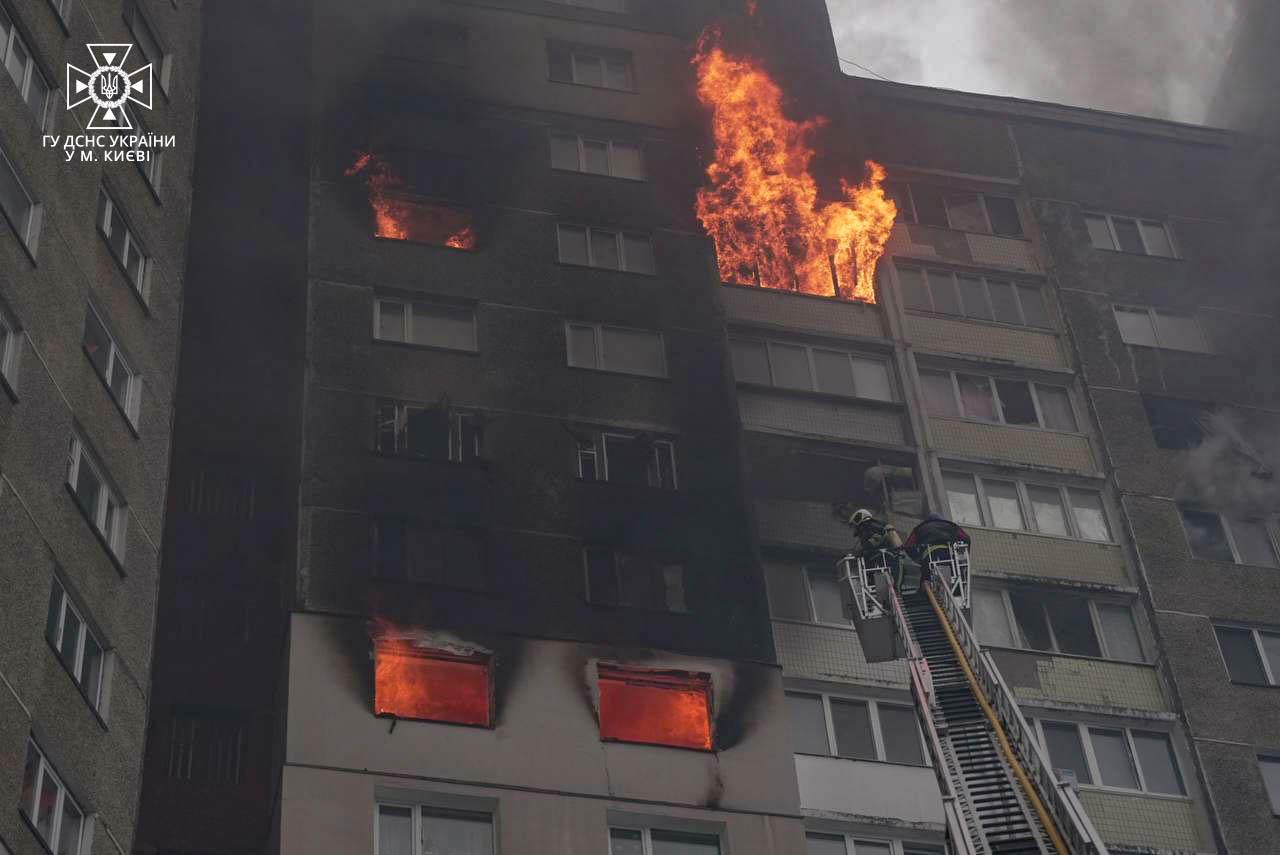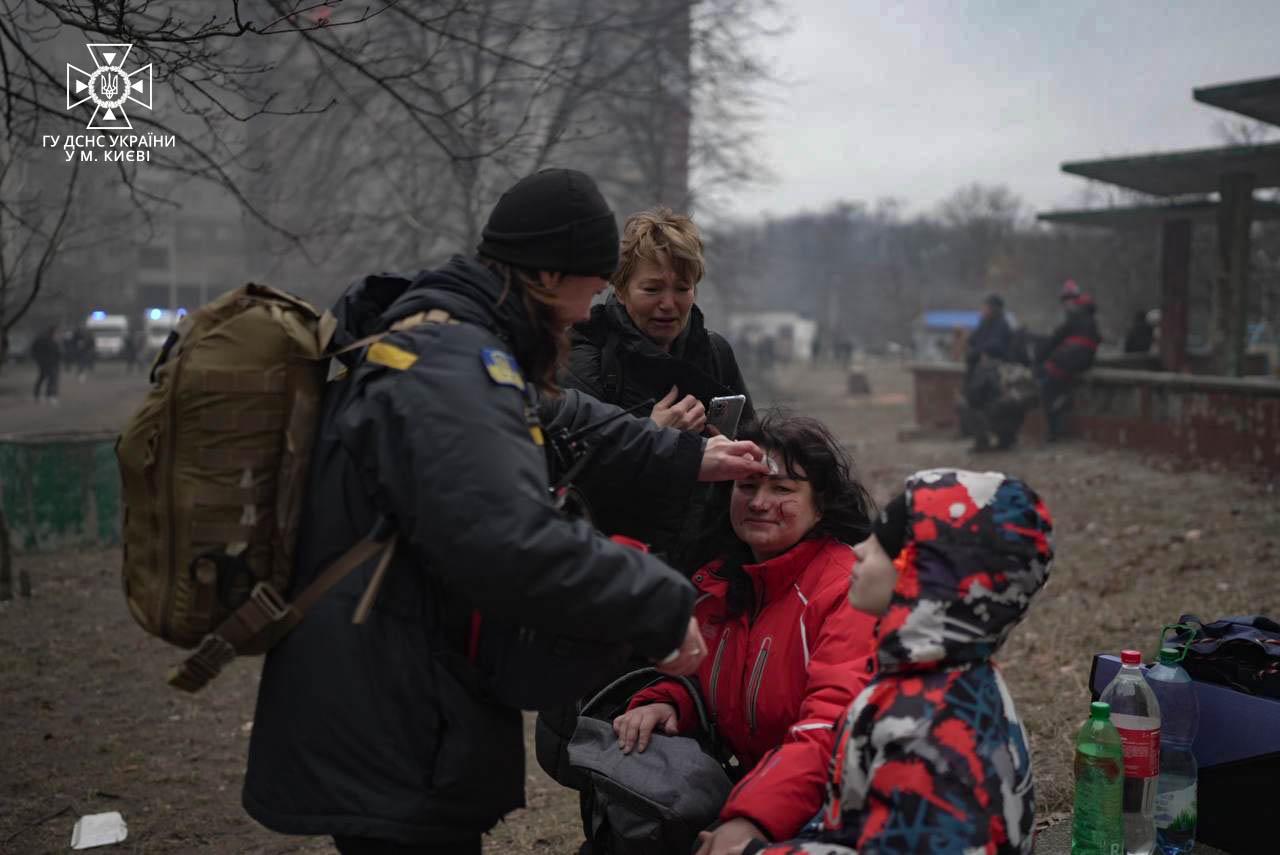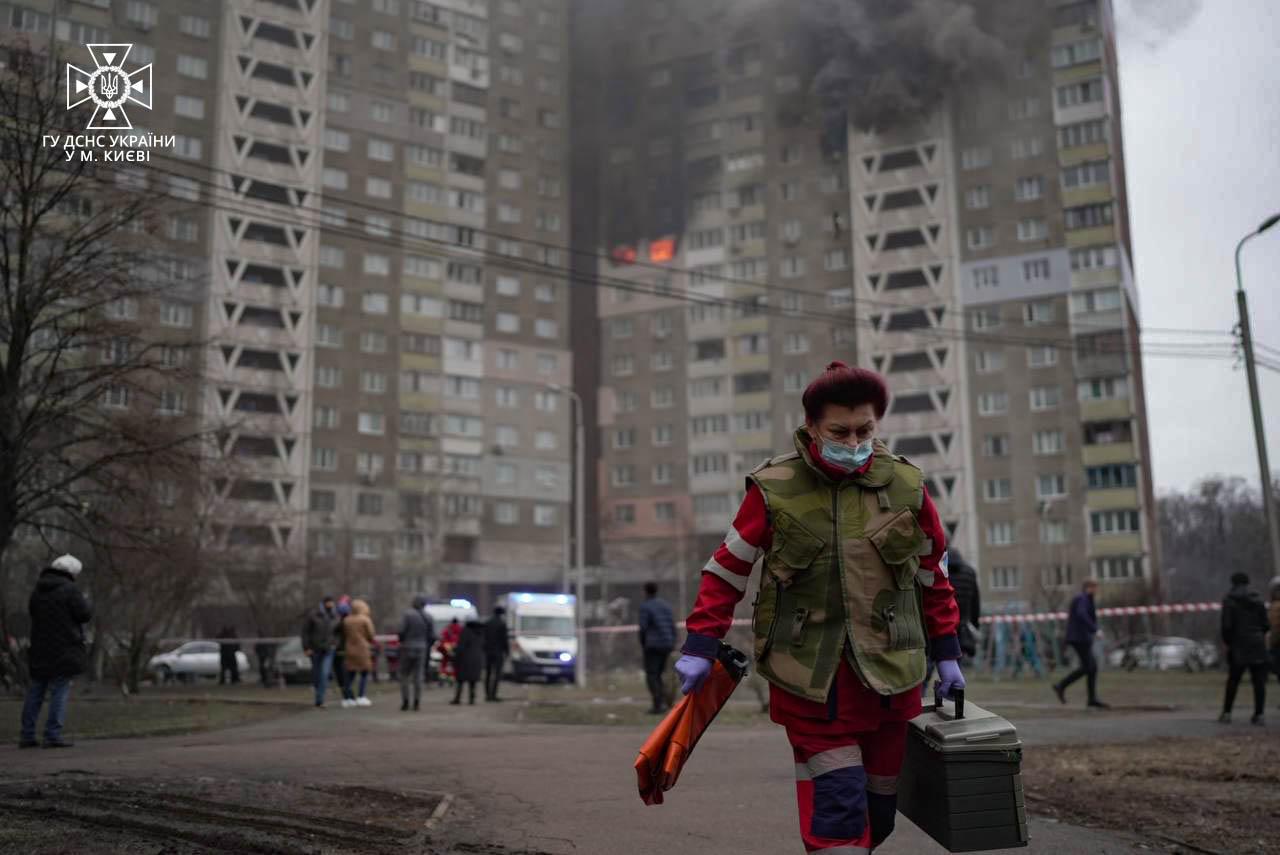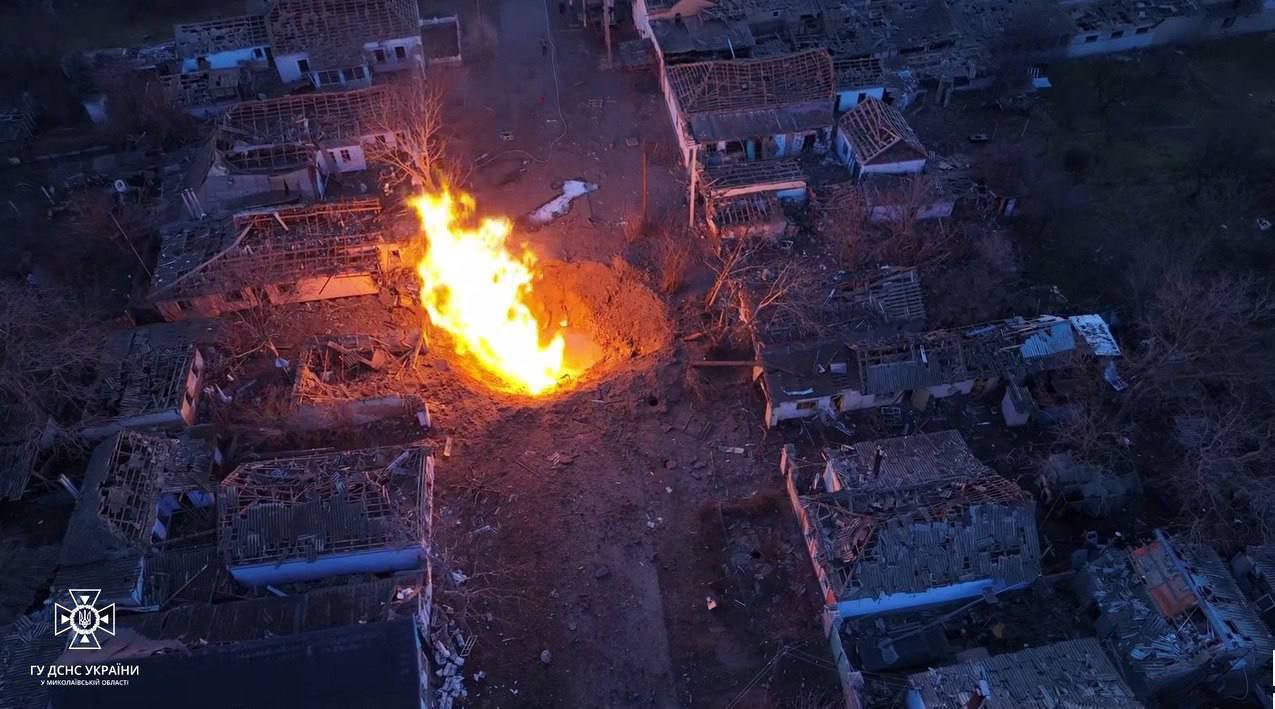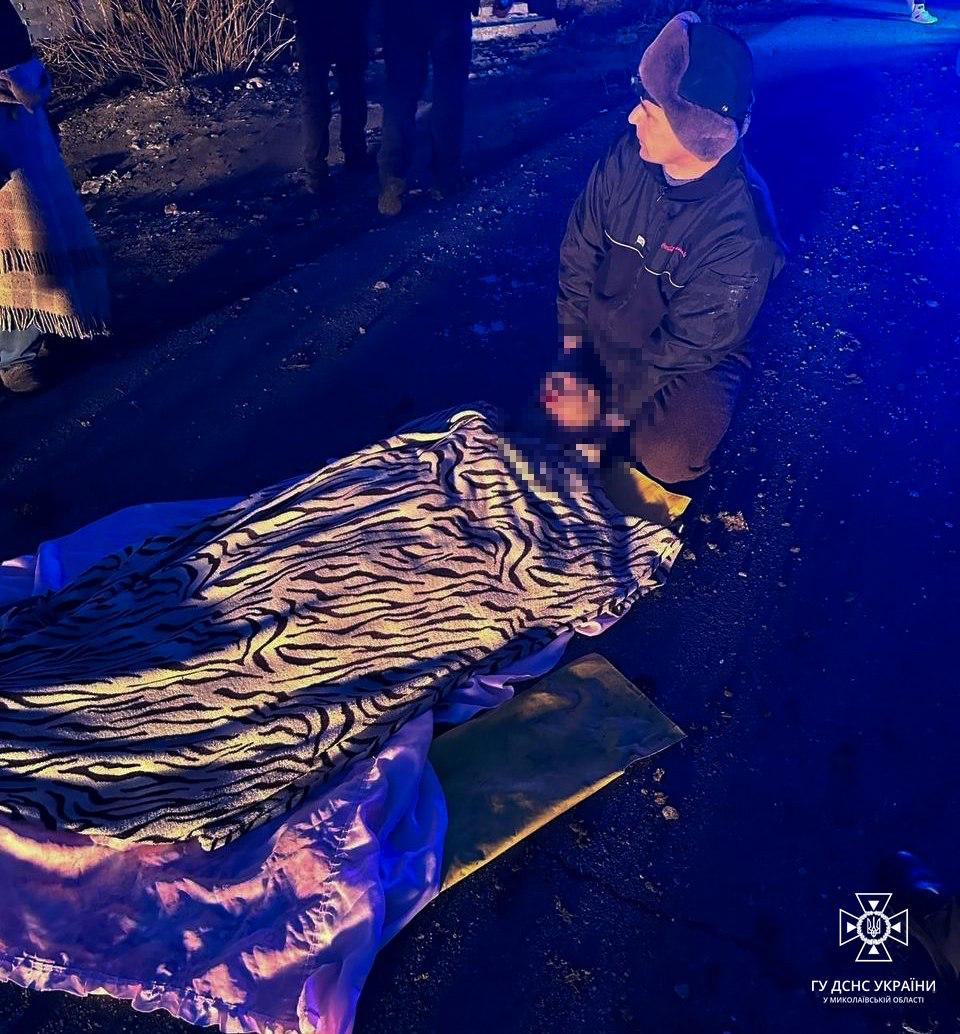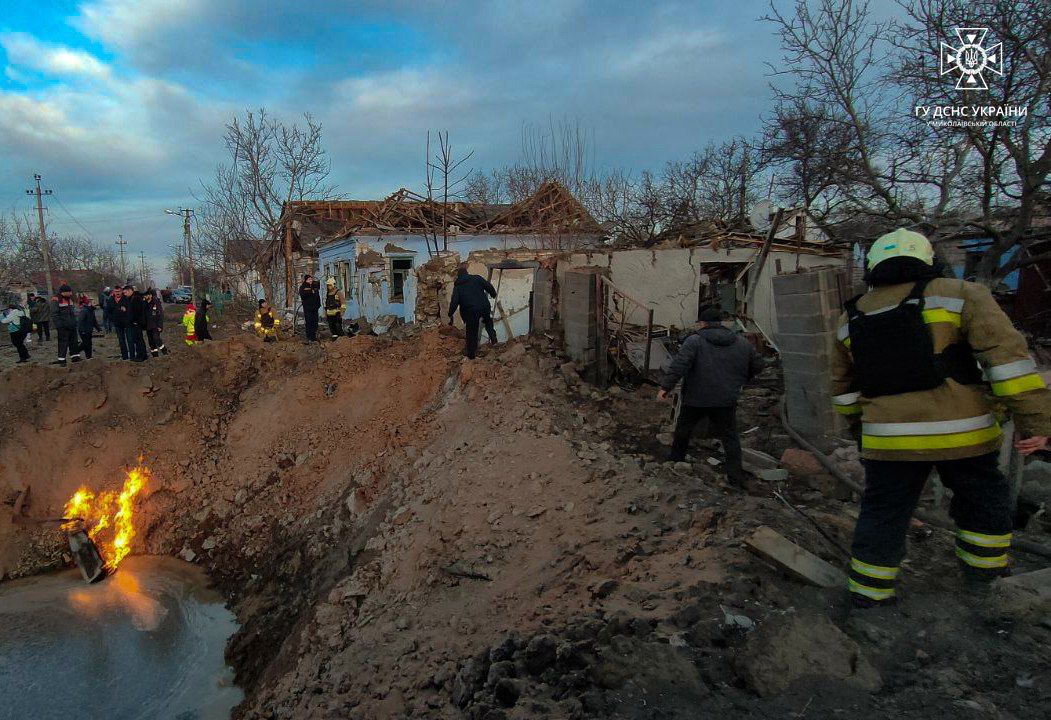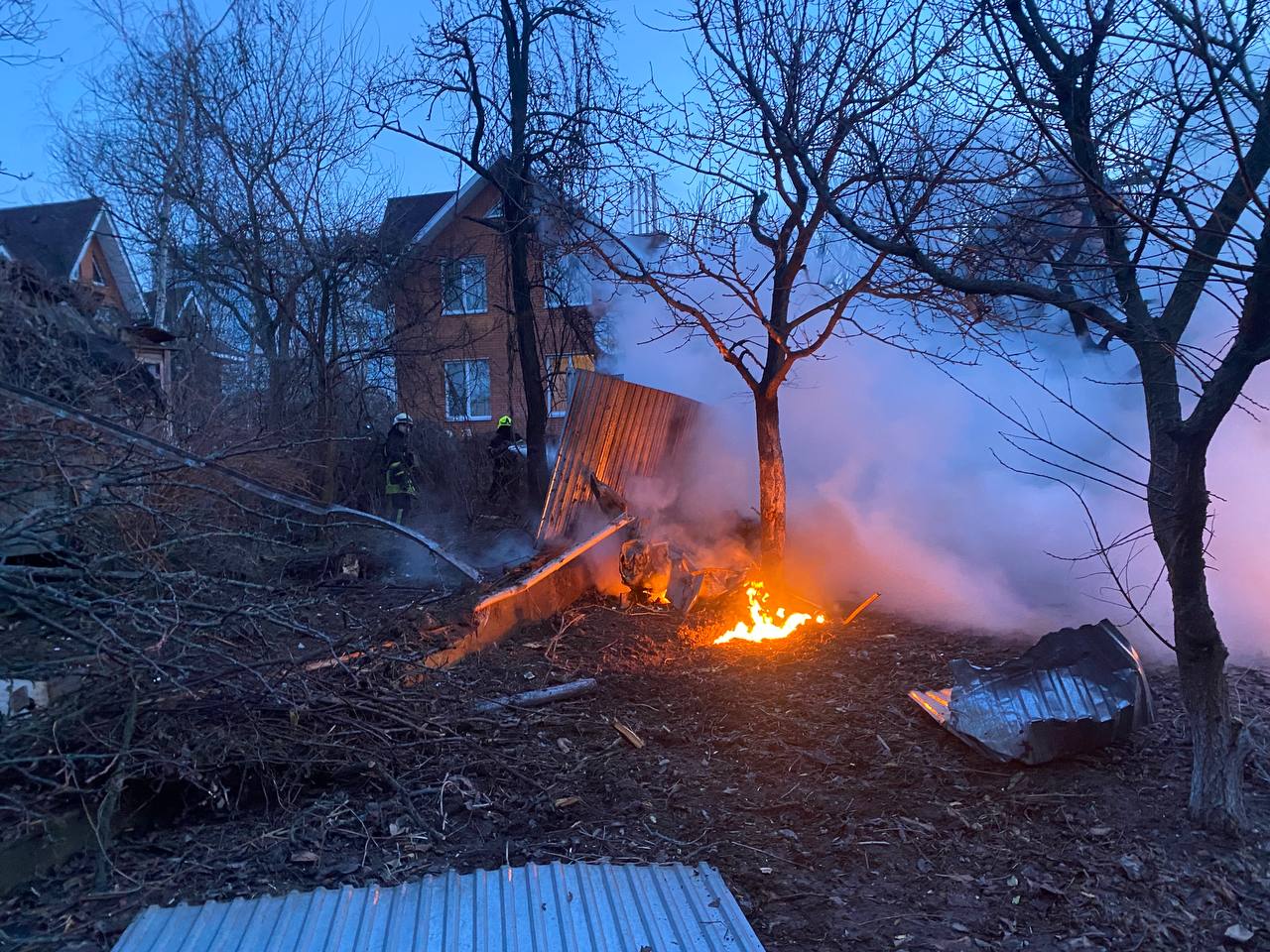Another major Russian missile strike kills five and injures more than 40 others across Ukraine. The Ukrainian Parliament gives initial approval to a mobilization bill. Ukraine and the EU need a common defense market to overcome the shell deficit, Ukraine’s Foreign Minister says.
Major Russian missile strike kills five, injures more than 40 others across Ukraine
At least five people were killed and 40 others injured as Russian missile and drone strikes targeted cities across Ukraine on Wednesday morning. Attacks were reported in the country’s five regions – Kyiv, Kharkiv, Mykolayiv, Lviv, Dnipro, and in the capital.
In Kyiv, at least 40 people were injured in Holosiyivskyi and Dniprovskyi districts. Four people were killed when an 18-story residential building was hit in Holosiyivskyi district. A car repair shop and some cars there caught fire. The fire has affected 800 square meters. About 40 cars burnt down or were damaged.
Several high voltage power lines damaged during the attack left about 20,000 households in Dniprovskyi district on Kyiv’s left bank without power. Electricity was later restored using reserve capacities, and repairs to power lines were underway, a power company that services them said. Debris from a missile also damaged a heating supply pipe.
In Mykolaiv, one person who was taken to hospital later died of his wounds. He had a severe blast and brain injury. The attack damaged at least 20 private houses and a gas pipeline. Many of the buildings had their roofs blown off.
Russia launched 64 missiles and drones, of which 44 were shot down. Ukraine’s air defenses intercepted 15 out of 20 drones, and 29 out of 44 rockets. Russia unleashed missiles of various types at Ukraine, including sea-launched Kalibr missiles, Kh-101/Kh-555/Kh-55 cruise missiles launched from Tu-95MS strategic bombers, Kh-22 type missiles launched from Tu-22M3 bombers, ground-launched Iskander-M and S-300 missiles. Ukraine shot down 26 Kh-101/Kh-555/Kh-55 cruise missiles and all three Kalibr missiles.
Five missiles were also launched at Kharkiv, and preliminary analysis suggested two of them were manufactured in North Korea, said Serhiy Bolvinov, head of the national police’s investigation unit in the region.
Ukrainian Parliament gives initial approval to mobilization bill
A bill on mobilization offered by the government passed the first reading in the Ukrainian Parliament on Wednesday, MP Yaroslav Zheleznyak (Holos/ Voice faction) said.
“The draft law on mobilization no.10449 passed by a vote of 243 [to 12]. Me and most of my colleagues in the faction abstained from the vote. Here’s the distribution of votes by factions: Servant of the People (Sluha Narodu) gave 178 votes, European Solidarity – 0, Fatherland (Batkivshchyna) – 0, Platform for Life and Peace (Platforma za zhyttya ta myr) – 17, For Future (Za maybutne) – seven, Holos (Voice) – three, Dovira (Trust) – 18, Rebuilding Ukraine (Vidnovlennya Ukrayiny) – 12, and independent MPs gave eight votes,” the lawmaker said on Telegram.
The bill passed without amendments suggested by the Parliament’s Committee on National Security, Defense, and Intelligence. There is time to change it before February 21 when the legislation could be approved in a second and final reading.
“The bill will most likely pass in the last week of February. It will be signed into law in early March and enter in force a month after that, in April,” Zheleznyak said.
Ukraine, EU need common defense market to overcome shell deficit, Ukraine’s Foreign Minister says
Ukraine and the EU can together restore Ukraine’s “artillery parity” with Russia by establishing a common market of defense industries, Ukraine’s Foreign Minister, Dmytro Kuleba told a joint news conference with EU High Representative for Foreign Affairs and Security Policy, Josep Borrell in Kyiv on Wednesday.
“We need to create something like a common market for defense industries. This is EU’s founding mission — to remove hurdles for movement of capital, people, and goods. This is what needs to be done for defense industries as well,” Kuleba said.
The scale of the war has reached a level for which the European defense industry was not ready, he said. “We all need to respond to this challenge. Ukraine’s is increasing domestic shell production on an unprecedented scale. The EU is taking unprecedented measures to produce more ammunition and buy it from third countries,” he continued.
Kuleba urged that a comprehensive approach is needed to bolster Ukraine’s ammunition supplies. “EU governments need to sign long-term contracts with European producers of ammunition. Ukrainian and European companies need to work together to boost production. Let’s remove all administrative hurdles,” he said.
It is important to negotiate with third countries that have contracted artillery shells in the EU to convince them to cede the deals to Ukraine. Another line of action is to search and buy ammunition from third countries’ stocks, Kuleba said.
Consequences of Russia’s Hybrid Influence in the Balkans. Ukraine in Flames #569
Violent incidents in Kosovo injured dozens of NATO troops this summer. Serbia saw its biggest protest movement since the removal of Slobodan Milošević in 2000. In Bosnia and Herzegovina, Serb leader Milorad Dodik is threatening secession, calling the political structure a “failed experiment.” Additionally, migration from the Western Balkans to the EU, causing economic strain, is expected to increase significantly. Watch Ukraine in flames #569 to find out about the political landscape of the Balkans and discuss external hybrid influences, with a focus on Russia’s extensive impact across the entire region.
Guests:
- Kateryna Shymkevych, Candidate of Historical Sciences, Expert of the Analytical Center for Balkan Studies
- Andriy Kryshtal, Sociologist, Expert of the Analytical Center for Balkan Studies

